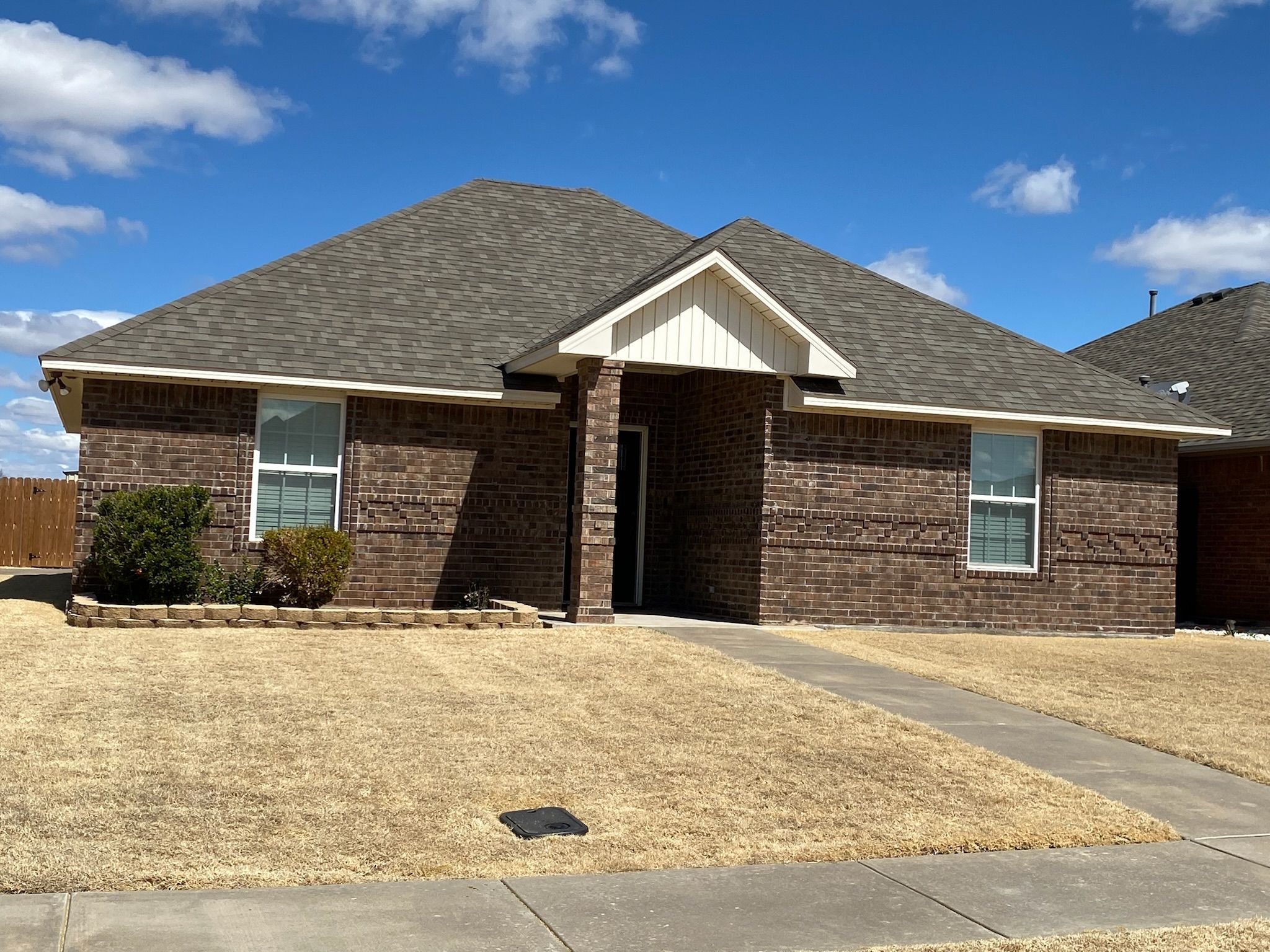
- Details
- By Andrew Kennard
A $1 million federal grant will help the Comanche Nation Housing Authority (CNHA) meet home repair needs of tribal members in five Oklahoma counties.
“People call us every day with emergencies,” Nora Sovo, deputy director of CNHA, told Native News Online. “It’s the busiest program that we have. There’s never enough money to fix all the repairs that people’s homes need, and that’s why we have to limit our tribally funded programs to emergency repairs only.”
For the eighth year in a row, the Department of Housing and Urban Development has awarded a federal grant to CNHA, which is pitching in $333,250 of its own funding to the program. The funding helps the organization move beyond emergency home repairs to make vital repairs, Sovo said, such as a new roof.
“So these types of services are keeping families in their homes,” Sovo said.
The housing authority plans to complete interior and exterior repairs on at least 30 homes over the next three years. Their federal grant programs serve five counties in southwest Oklahoma: Caddo, Comanche, Cotton, Kiowa and Tillman. Last year, CNHA repaired 96 homes under the same program, Sovo said in a statement.
The grant is for Comanche families who are 80% or below the national median income, Sovo said. Many of those families are elders and multi-generational families who don’t have extra cash to spend on home repairs and may not have insurance.
“So one of the requirements for this program is insurance… So we’ve also found ways that if they’re not insured that we can use some non-federal funding to purchase insurance for them,” Sovo said.
CNHA’s home repair assistance can range from plumbing repairs to installing a heating, ventilation and air conditioning (HVAC) unit, according to their statement. Sovo said that costs for HVAC units have increased by several thousand dollars over the past few years.
The weather poses additional challenges. Large hail can leave people putting a tarp on their roof because they can’t afford to fix the damage, Sovo said.
“When the heat index has been 115 degrees in the last week, so someone with no source of air conditioning, or especially our elders—those are life-threatening situations,” Sovo said.
Those interested in learning more about the ICDBG Home Rehabilitation Program or applying can call 580-357-4956 or visit www.comanchehousing.com. The CNHA said its other programs include rental and student housing, elder home rehabilitation and homeownership lease purchases.
More Stories Like This
A River Worth Defending: Chilkat Community Mobilizes Against MineU.S. Forest Service Approves Drilling at Pe’ Sla, Threatening Indigenous Land and Water
Gwich'in Tribal Governments Submit Comments Challenging Fish and Wildlife Service's Inadequate Environmental Review of Arctic Refuge Snow Road
Rappahannock Tribe Challenges 9M-Gallon Water Plan
Feds release draft long-term plans for Colorado River management
Help us defend tribal sovereignty.
At Native News Online, our mission is rooted in telling the stories that strengthen sovereignty and uplift Indigenous voices — not just at year’s end, but every single day.
Because of your generosity last year, we were able to keep our reporters on the ground in tribal communities, at national gatherings and in the halls of Congress — covering the issues that matter most to Indian Country: sovereignty, culture, education, health and economic opportunity.
That support sustained us through a tough year in 2025. Now, as we look to the year ahead, we need your help right now to ensure warrior journalism remains strong — reporting that defends tribal sovereignty, amplifies Native truth, and holds power accountable.
 The stakes couldn't be higher. Your support keeps Native voices heard, Native stories told and Native sovereignty defended.
The stakes couldn't be higher. Your support keeps Native voices heard, Native stories told and Native sovereignty defended.
Stand with Warrior Journalism today.
Levi Rickert (Potawatomi), Editor & Publisher


